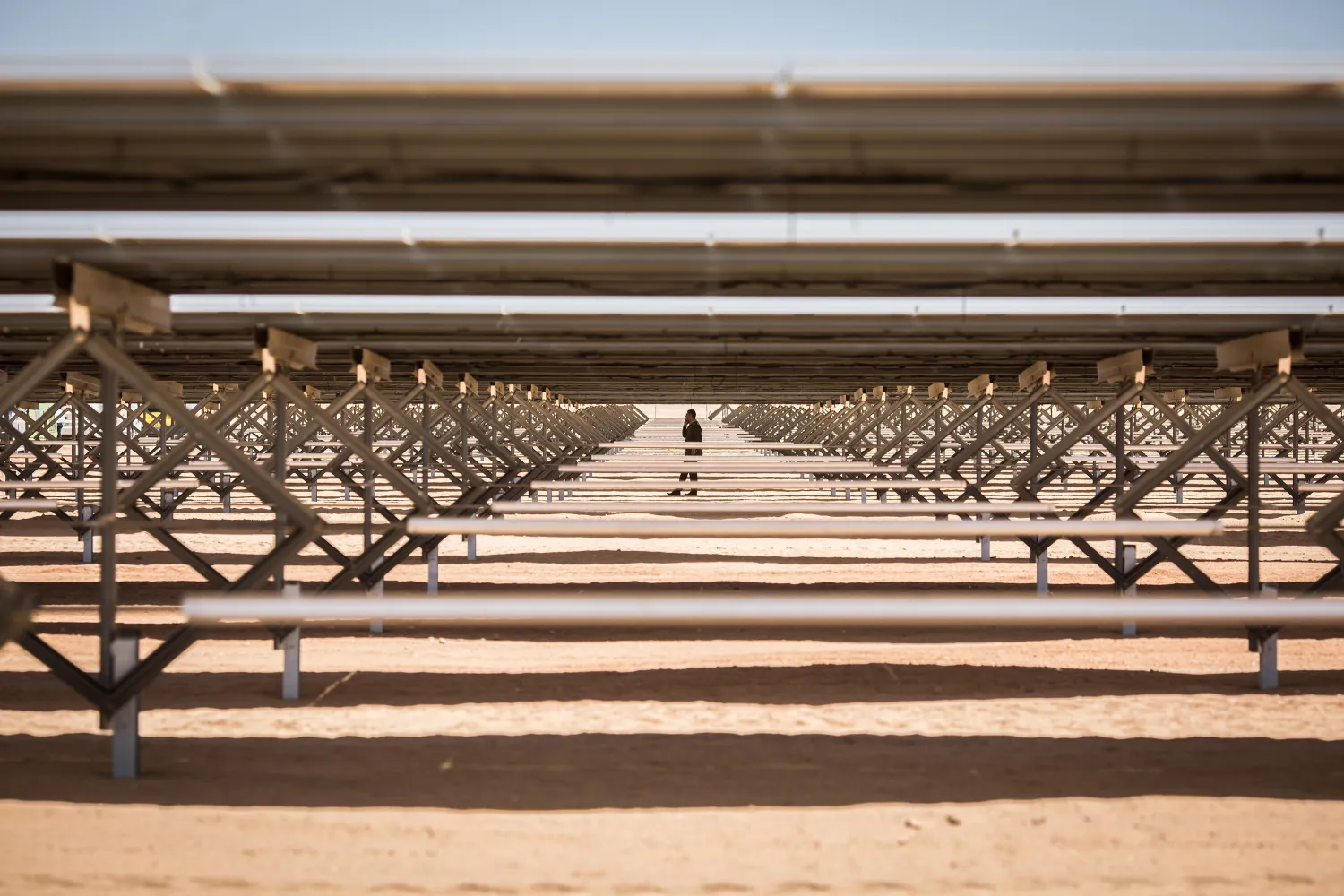Egypt has begun talks over plans to sell electricity to Europe and Africa, pressing its advantage as a producer of cheap renewable energy in a bid to become a regional export hub, said the head of its sovereign wealth fund Ayman Soliman.
The nation, which has a surplus of electricity, sees unspecified “power-hungry” countries to the north as possible customers, Soliman said, Bloomberg reported.
Egypt could supply Europe via a planned sub-sea cable to Cyprus and Greece.
“We are in talks with European infrastructure investors, advisers and energy traders to assess the viability and appetite,” Soliman said in an interview in Cairo.
The transmission line “will position Egypt as a long-term renewable supply hub for Europe.”
According to Bloomberg, electricity exports could be a lucrative earner for Egypt, which is already becoming a natural-gas hub after offshore discoveries









